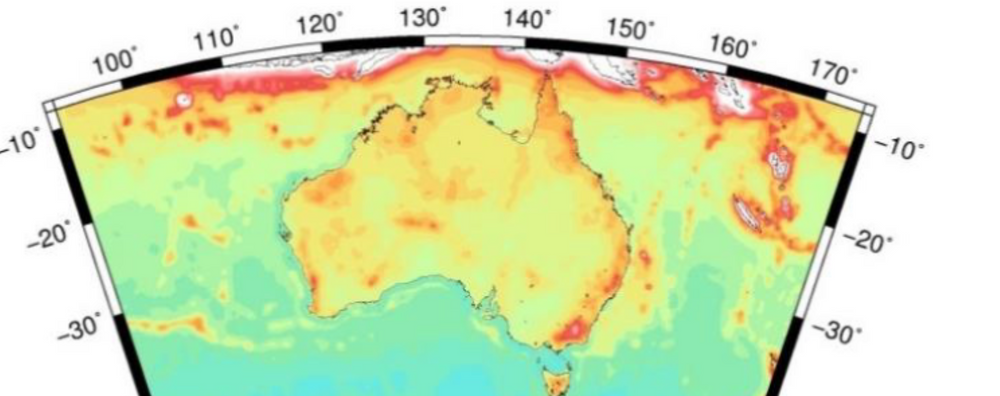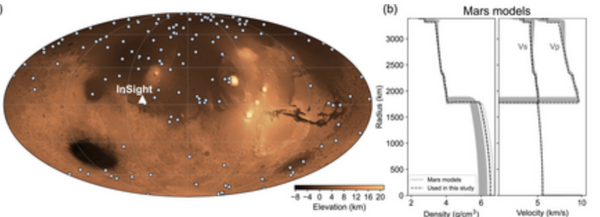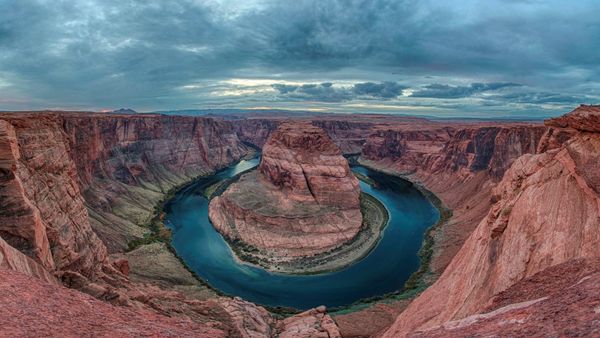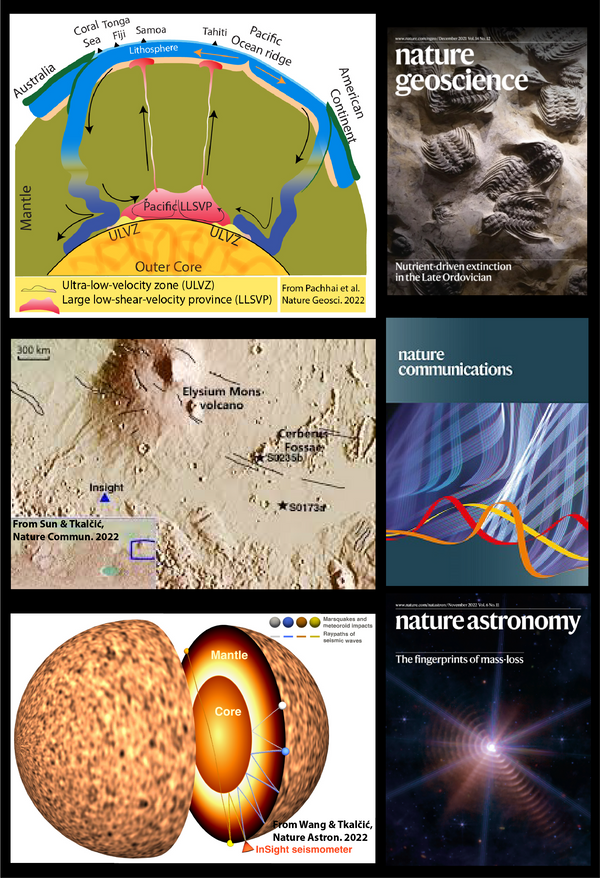William Edward (Will) Featherstone
Will was one of Australia's best known and most highly regarded researchers in physical geodesy specialising in precise computation of the Geoid and the Vertical Datum. Throughout his research career, he was based at Curtin University in Western Australia but he achieved international recognition as an innovative thinker and as a leader of his community.
Will was born in England in 1967 and he grew up in Prestatyn in North Wales. He studied Geophysics and Planetary Physics at the University of Newcastle upon Tyne (1985-1988) and then moved to the University of Oxford from in 1998 where he obtained his doctorate in 1992 under the supervision of Dr Joe Olliver on “A GPS controlled gravimetric determination of the geoid of the British Isles”.
Will moved directly from Oxford to an academic position at Curtin University in Perth, Australia where he quickly established a vibrant research group in geodesy and an active teaching program in geophysics and surveying . He held visiting positions at the Universities of Calgary and New Brunswick in 1996, the University of Stuttgart in 2006 as an Alexander von Humboldt Fellow, and the Indian Institute of Technology, Kanpur, in 2019. He was promoted to full professor in 2001 at the age of 33, and was later awarded a 5-year Australian Research Council Professorial Fellowship to work on ellipsoidal physical geodesy which also provided him with an opportunity to expand his expertise into new areas including satellite altimetry, modelling of the lunar gravity field, airborne gravimetry and observing subsidence with InSAR, GPS and levelling with applications that included groundwater monitoring.
Although he was one of Curtin University's most successful researchers, Will never hesitated to take on administration and management duties when asked, including Head of Department, Associate Dean for Research, Graduate Studies coordinator, and member of both Academic Senate and Academic Board. He taught throughout his career, including the month-long fieldwork course in geodetic surveying at Guilderton, Western Australia which he led for more than 25 years.
Will also took his responsibility to the international community very seriously. He was conscientious as a reviewer and editor, ensuring that his reviews were turned around quickly, and were both constructive and incisive. He was a prolific reviewer for international funding bodies and almost all significant geodetic and geophysical journals. Notably, he was the Editor-in-Chief of the Journal of Geodesy from 2003-2007, and as an editor from 1999-2003. His service to the International Association of Geodesy was recognised through the award of IAG Fellow.

Throughout his career, Will was generous with ideas, scrupulous in ensuring his colleagues received support and credit for their contributions, and he had little time for ego-driven research. His outsized sense of humour preceded him into the room and was never absent from him. His mix of deep thought, self-deprecation and inventive story-telling were a rare combination and are profoundly missed by his friends, scientific colleagues and his family.



